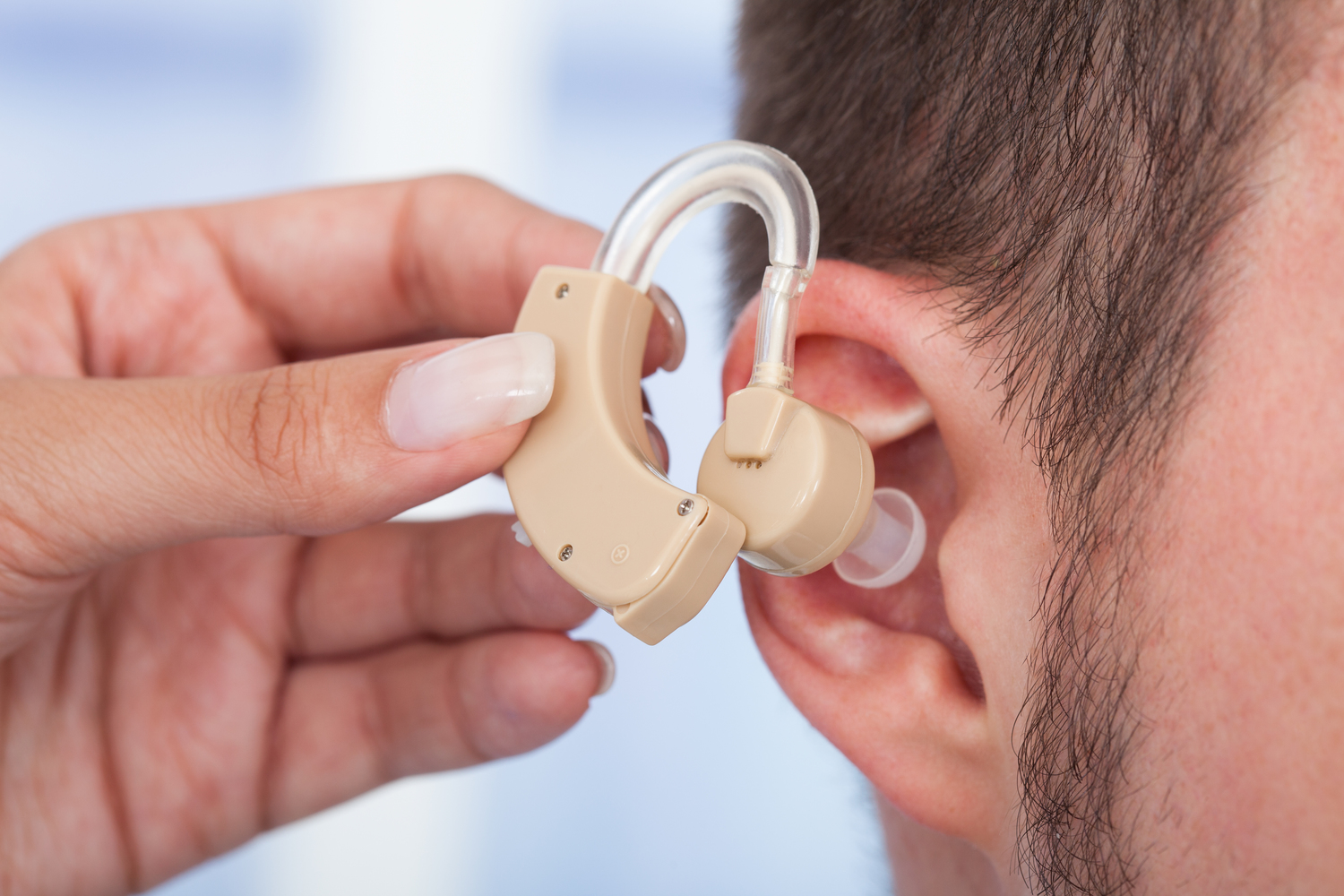
7 Things Medicare Does Not Cover
Medicare is a vital health insurance program providing coverage for millions of individuals, typically 65 years or older. It can include coverage for younger individuals with certain disabilities as well. While Medicare does cover a wide range of needs, it is essential to recognize limitations and understand what they are before assuming coverage on everything. Based on your needs, it’s valuable to consider options, such as Medicare Advantage, and receive a Medicare quote before you make any decisions. Here’s 7 things medicare typically does not cover:
1. Hearing aids
Medicare was first signed in 1965, and hearing aids have not been covered since its official introduction. It claimed that hearing aids were routinely needed and low in cost; however, nowadays, hearing loss impacts a significant amount of people and has become rather expensive, but unfortunately Medicare still will not cover them. If you purchase Medicare Part C under Medicare Advantage, though, hearing aids will be covered for you.
2. Long-term care
Many individuals are unaware that Medicare does not cover long-term care. Even though the individuals staying in long-term care are likely due to a significant medical issue or disease that leaves them unable to care for themselves, it is not covered due to the fact that the services and support long-term care offers is called custodial care and considered non-medical care. If you or a loved one requires long-term care, you should look into other long-term care insurance policies that will provide some coverage.
3. Most dental procedures
Medicare doesn’t cover the majority of dental procedures, such as routine cleanings, fillings, dentures, extractions, and more. There are options for private dental insurance or options under Medicare Advantage to receive coverage for your dental procedures, so if you find that it would be helpful to get insurance for these, be sure to look into it.
4. Optometry care
If you have visited your optometrist for an eye exam, prescription glasses, or contact lenses, don’t expect any coverage with Medicare. However, if you have a chronic eye condition like glaucoma or have diabetes, Medicare will cover some parts of optometry care such as surgery or an eye exam to diagnose problems. If you would like coverage for the optometrist, look into Medicare Advantage Part C.
5. Foot care
Routine foot care is not covered by Medicare, whether that be trimming nails, removal of calluses, and so on, as it is not considered medically necessary. However, Medicare Part B generally covers 80% if you suffer from a foot injury, foot condition, or a disease like diabetes.
6. Cosmetic surgery
Unless you need cosmetic surgery due to an accidental injury or to improve a malformed part of the body, Medicare won’t cover it. They will cover the cost of breast prosthetics for reconstruction after breast cancer mastectomy, but generally if it’s not medically necessary plastic surgery, don’t expect coverage.
7. Prescription drugs
Over the counter drugs like aspirin or laxatives are not covered by Medicare. However, if your prescription drugs are stacking up costs for you, you should look into Part D coverage. Part D coverage still has some restrictions on certain over the counter drugs, so do your research before purchasing the policy.



